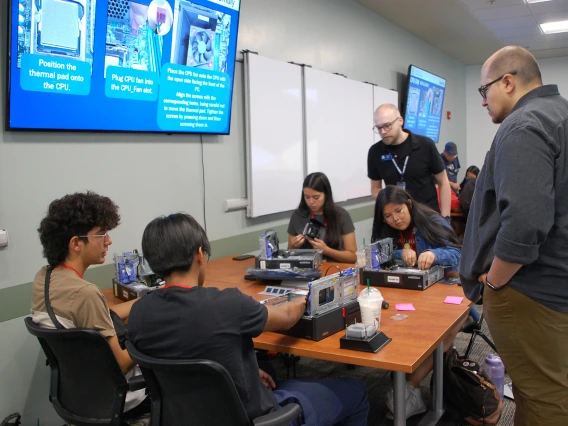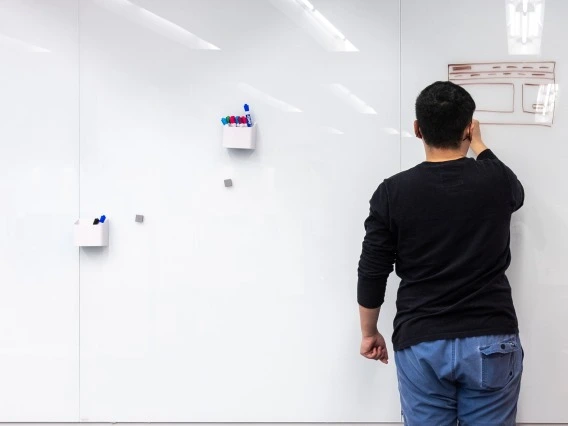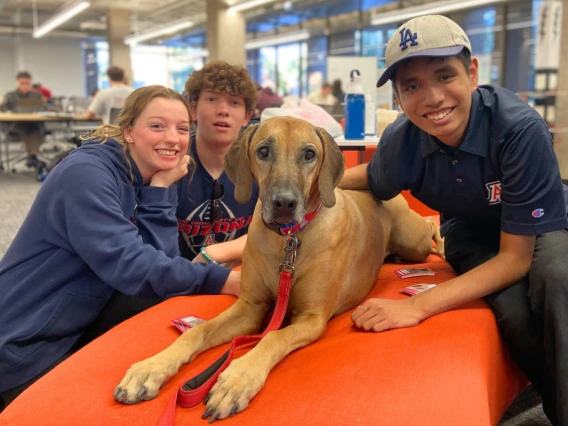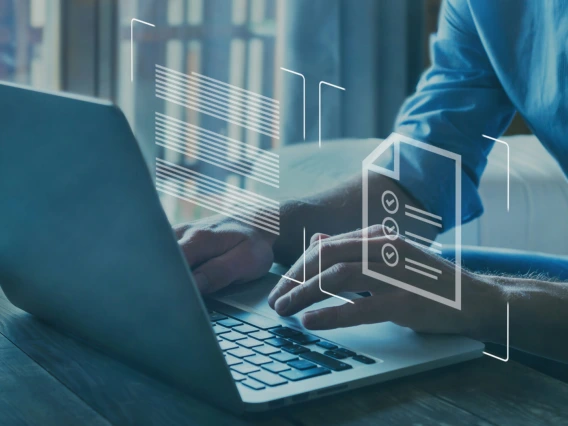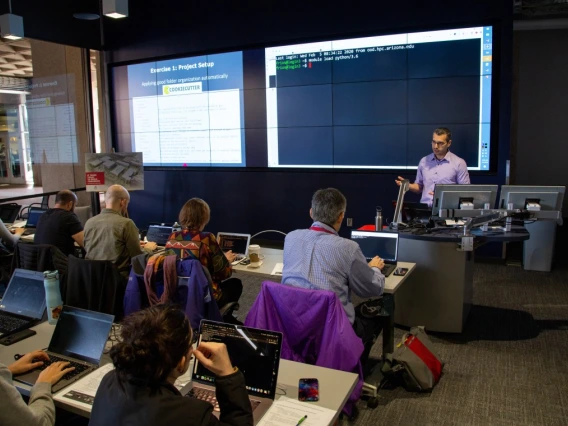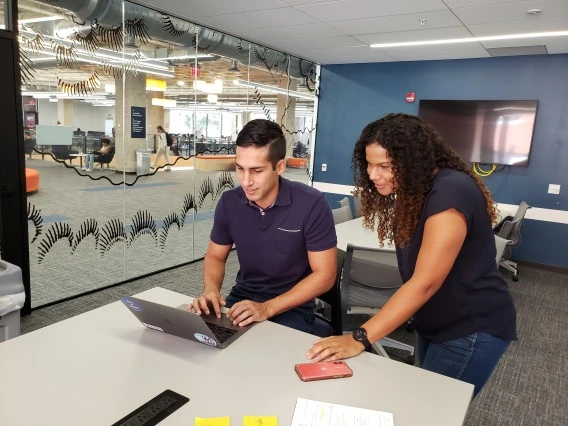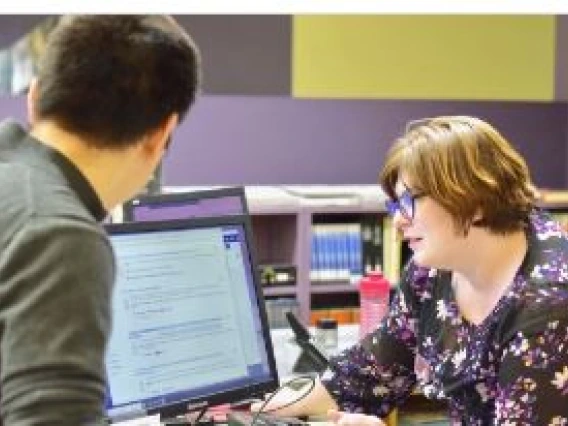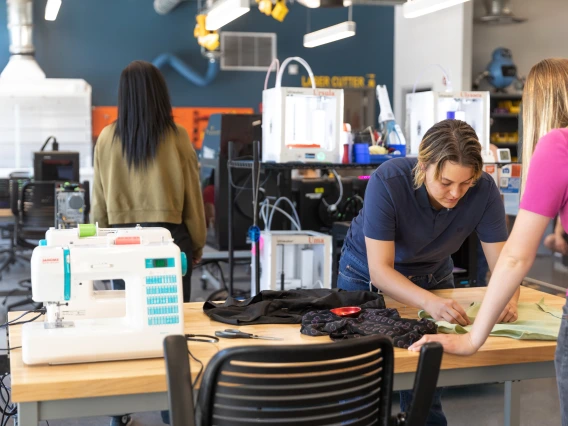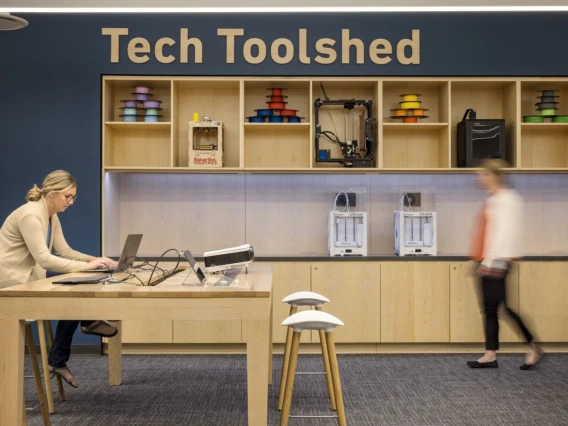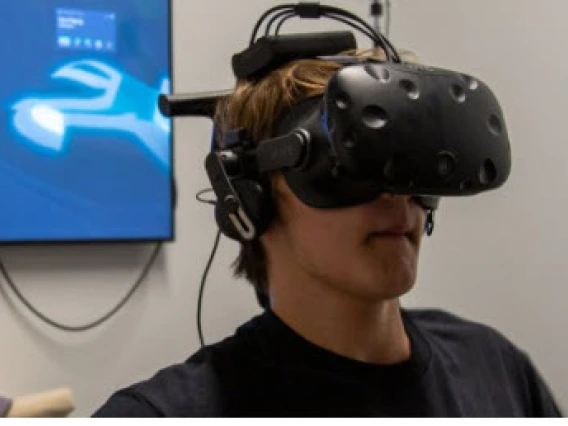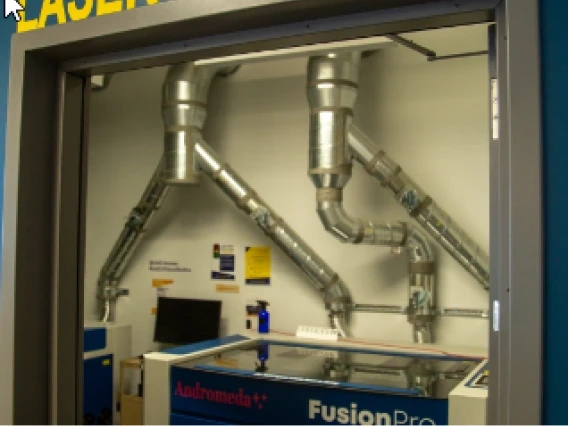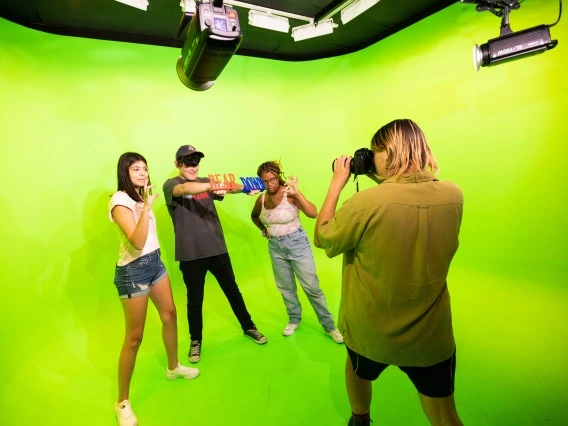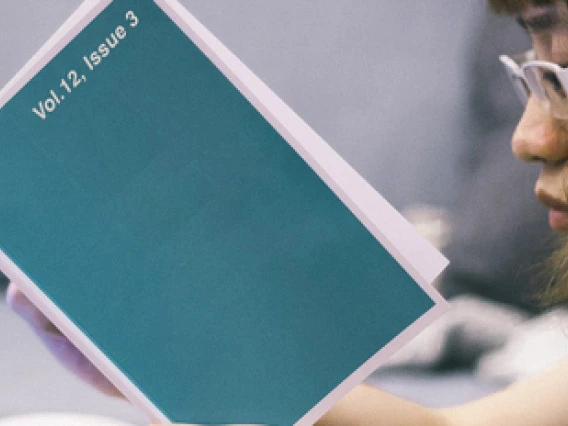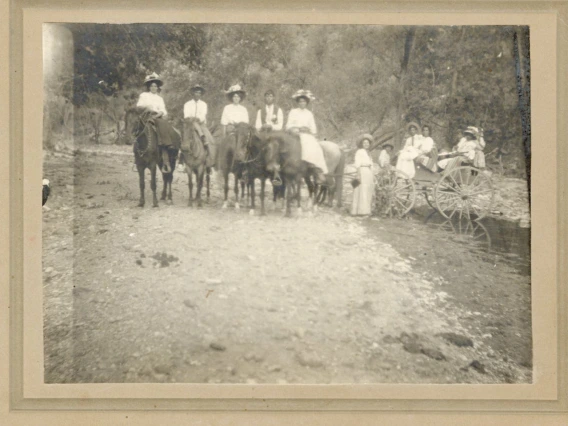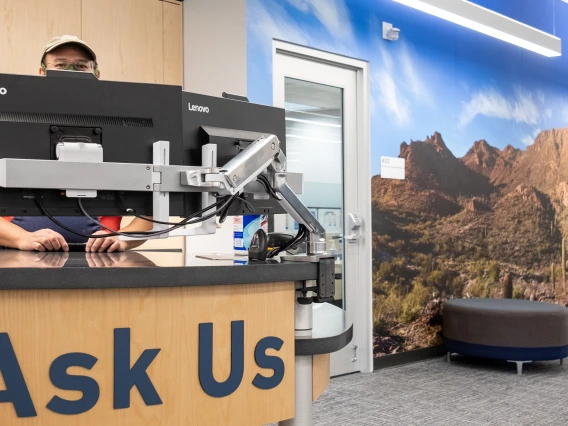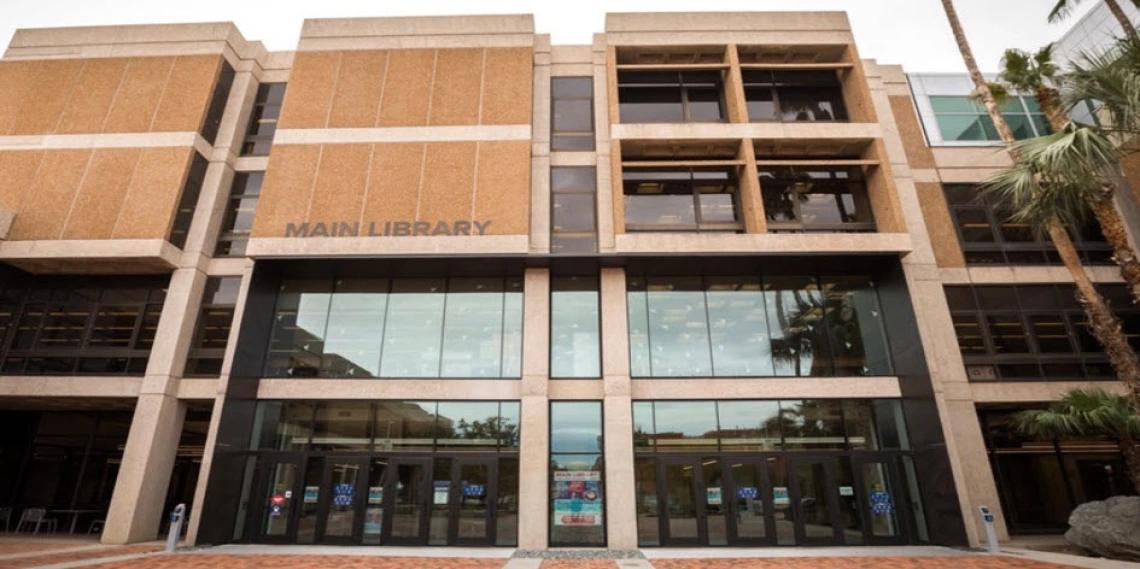
Library impact
Mission
The University of Arizona Libraries are enterprising partners in advancing the University's priorities. We cultivate an environment that promotes inquiry, creative endeavor, scholarly communication and lifelong learning. Our resources, services and expertise enrich the lives of Arizonans, and contribute to an expanding global academic community.
Exploring our impact
Our librarians, staff, and students work to make the Libraries a hub for innovation. Below are key facts and figures summarizing the use of selected services, spaces, and resources for fiscal year 2023 (July 1, 2022 – June 30, 2023).
These numbers not only provide insight into our impact on teaching, learning, and research at the University of Arizona (and our surrounding community), they also support broader discussion and decision-making.
Building a vibrant community
Enriching research & learning
Empowering innovation & creativity
Accessing exceptional collections
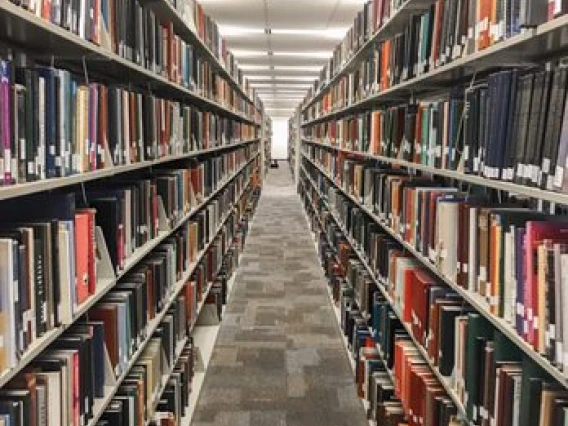
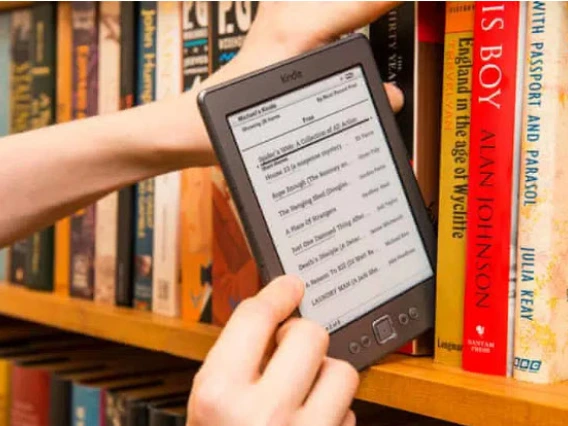
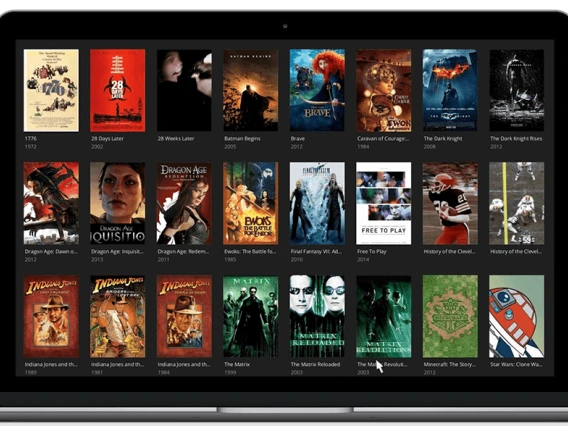
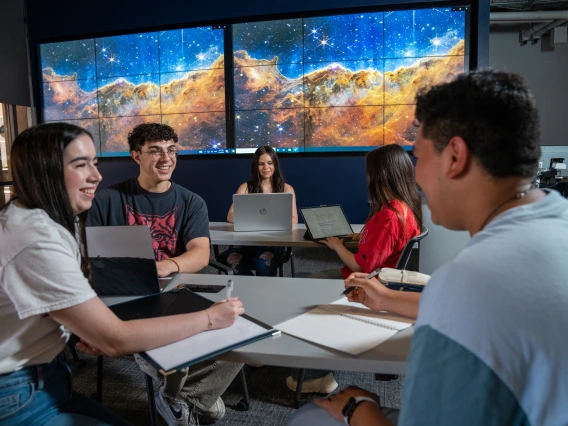
Scholarship & data
101,639
published and unpublished works by UA faculty and students with 1,929,009 views
ReData and UA Repository
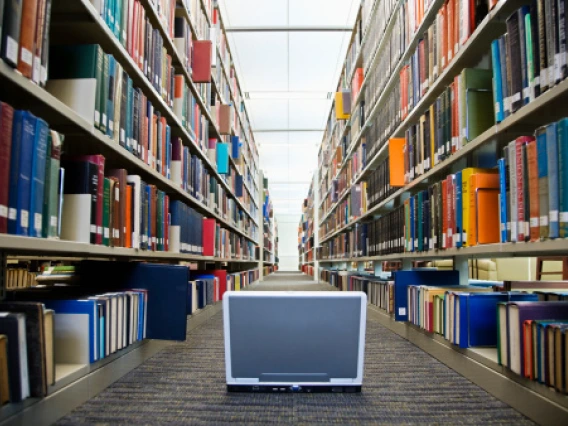
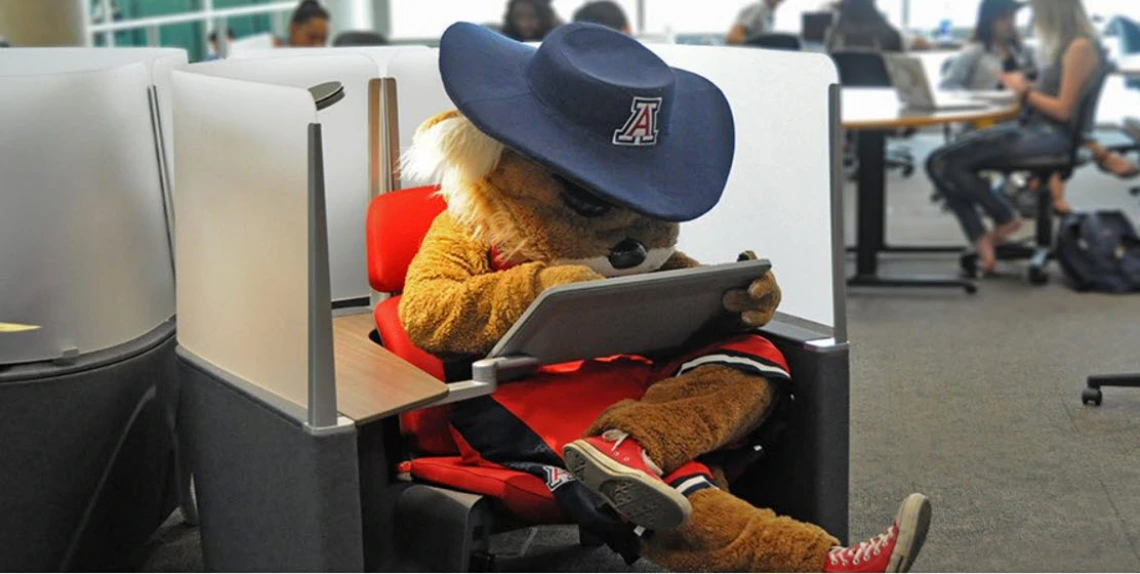
Borrowing technology at the Libraries
The University Libraries' Rhonda G. Tubbs Tech Toolshed is our technology lending program. University of Arizona students can borrow items such as laptops, cameras, hard drives, iPads, scientific calculators and more, for free.
Many of these items are an expensive and sometimes unanticipated financial burden particularly for first-generation and underrepresented students. Recently, the technology lending program and Think Tank were recognized as Arizona Hispanic Serving Institution (HSI) Consortium Evidence Based Practices.
Students have demonstrated overwhelming support for the program and its impact on their academic efforts, as documented in "Overcoming Technology Barriers for Students," authored by Access & Information Services Department Head Robyn Huff-Eibl and Technology Manager Travis Teetor, recently published in portal: Libraries and the Academy.
The Rhonda G. Tubbs Tech Toolshed and Think Tank are among many services and resources in the nine-acre Student Success District located in the center of our main campus.
I was homeless for over a year (first 3 semesters). I did not always have access to wi-fi. I borrowed technology multiple times to help me complete and even attend class. As a nontraditional student, I also have to work and provide for my family. Having access to the wi-fi and laptop allowed me to continue engaging in my courses and studying."
— University of Arizona junior majoring in microbiology (Hispanic, first-generation student and Pell Grant recipient)
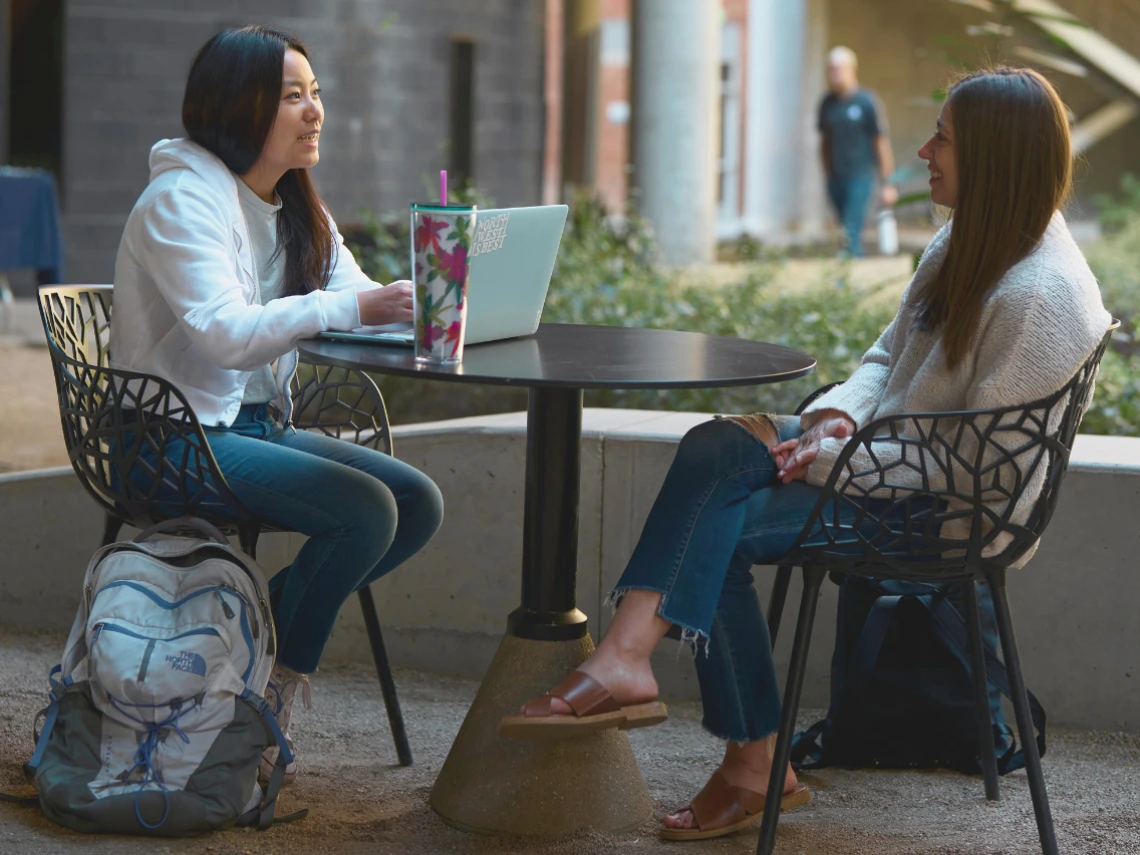
Peer Information Counselors (PIC)
The Peer Information Counseling (PIC) Program is a library initiative that supports the University’s retention efforts specifically for students from historically underrepresented groups. The PIC program is grounded in peer-based mentoring theories that state students are more comfortable seeking assistance from their peers. Peer Counselors support their peers with research skills and information about library services at appropriate venues on campus (e.g. cultural centers, Think Tank, etc.) and serve as “library ambassadors” sharing information about the library services, spaces and resources at various events across campus.
The PICs collaborate with staff and student tutors in the C.A.T.S. Academics student athlete support program to assist student athletes in honing their research and writing skills. During spring 2023, PICs and librarians completed 13 weeks of office hours, totaling 117 hours of embedded support.
The presence of the PICs and librarians at the Ginny L. Clements Academic Center provided 368 student athletes access to the resources and research assistance. The staff from C.A.T.S. Academics have seen an increase in students accessing library technology, and in visiting the library. According to the library staff, personnel have truly enjoyed the opportunity to get to know the tutors and students in the C.A.T.S. facility and treasure each bit of feedback (“I got an A on my paper!”) that they have received.
Learn more about the PIC program.
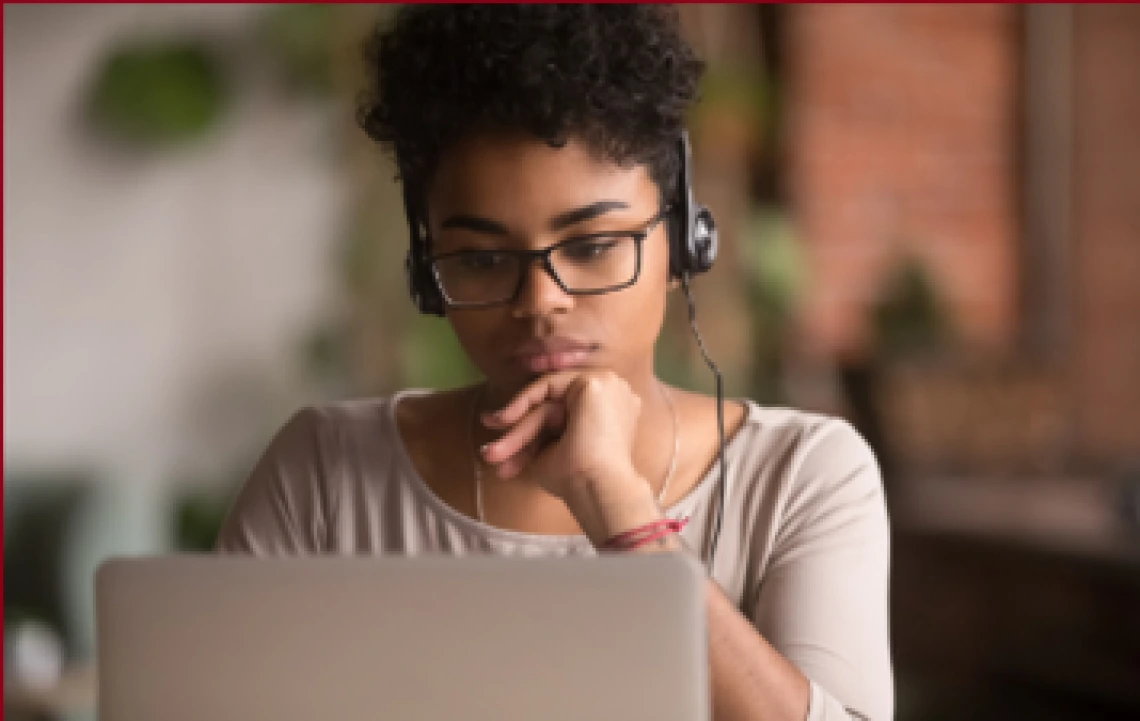
Instructions, library guides, and online tutorials
We support student learning & success through a variety of opportunities that include tutorials, guides, and other online learning modules. These can be integrated into specific courses or act as free-standing, self-mediated activities.
Some of our most popular tools include:
- What Types of Sources Do I Need?
- How Do I Give Credit to the Ideas of Others?
- How Do I Create a Search Strategy?
In FY22, we also offered 82 course guides and 87 subject guides, viewed a combined total of 101,849 times. In addition, there are topic, program and help guides such as Find materials by type (66,343 views) and Tutorials (14,345 views).
We work to place learning tools and resources into the campus online learning system (D2L) to help support library research within courses and provide a convenient way for students to access library provided course materials and build research skills. In FY22, we embedded library materials in 4,852 courses/sections that were viewed 82,888 times.

